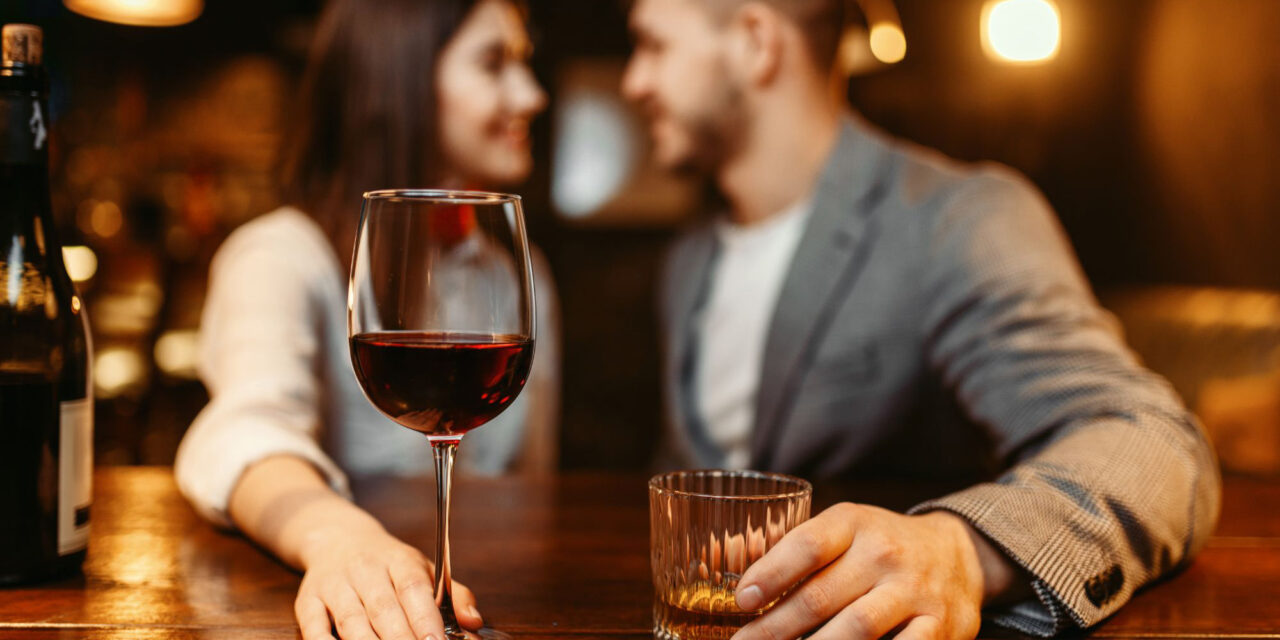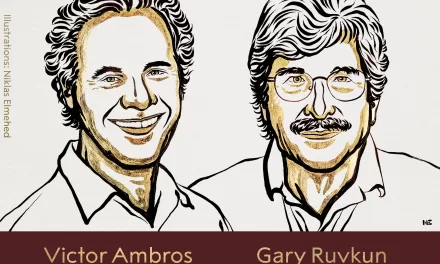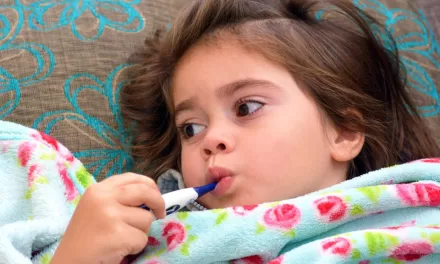As the festive season approaches, experts are urging people to be vigilant about counterfeit and illicit alcohol, whether they’re celebrating at home or traveling abroad. Researchers from Heriot-Watt University’s International Center for Brewing and Distilling (ICBD) have issued a warning, emphasizing that this problem is not just confined to distant countries but is also a concern in the U.K. and other developed nations.
The warning follows a troubling spike in alcohol-related fatalities in Istanbul, where toxic bootleg spirits have been linked to 37 deaths. The Turkish authorities have launched a crackdown on illegal alcohol production, but similar cases have also been reported in Laos and Fiji, where contaminated alcohol has caused severe illness and deaths.
A Global Issue
While counterfeit alcohol is relatively rare in the U.S., EU, and U.K., the problem is far from nonexistent. Experts highlight that the greatest risks lie in alcohol sold outside of traditional retail channels, such as street vendors or unlicensed shops. In fact, counterfeit spirits account for 25%-40% of consumption in some areas, costing the EU a staggering €3 billion annually.
In the U.K., authorities issued a warning in September after discovering counterfeit vodka—designed to imitate a popular Scottish brand—contaminated with harmful chemicals. Additionally, a study conducted a few years ago found that one-third of tested rare Scotch whisky bottles were counterfeit.
Telltale Signs of Fake Alcohol
To protect themselves, the ICBD advises consumers to keep a close eye on the “four P’s” when purchasing alcohol: Product (Is it an unfamiliar brand?); Price (Is it suspiciously cheap?); Package (Does the bottle appear properly sealed or the label look tampered with?); and Place of Purchase (Is it a reputable store?).
Michael Bryan, a Post Graduate Researcher at ICBD, warns that deals that seem too good to be true should raise immediate concerns. “Ask yourself: is the shop legitimate? Is the price reasonable? Are there any signs of tampering with the bottle?” he advises.
Bryan speaks from personal experience, recalling an incident where he was unknowingly drugged and robbed after consuming spirits from an unreliable source. “The point is, counterfeit and illicit alcohol is everywhere. While the risk of truly poisonous spirits may be lower in places with stricter regulations, we must always stay alert.”
Protecting Consumers with Advanced Technology
As part of their ongoing efforts to combat counterfeit alcohol, Bryan and his colleagues are building a global database of chemical fingerprints from authentic spirits. By analyzing hundreds of international beverages—including whisky, tequila, and bourbon—using advanced analytical tools like infrared spectroscopy and nuclear magnetic resonance, they aim to create affordable and accessible methods for testing alcohol authenticity without opening bottles.
Professor Annie Hill, who supervises the project, explains, “Our goal is to develop affordable methods that will help both consumers and manufacturers identify illicit products, reducing the prevalence of counterfeit alcohol worldwide.”
The Cost of Complacency
Consumers are reminded to stay cautious and follow the advice of experts when purchasing alcohol, especially if it seems out of place or unusually inexpensive. With increasing efforts to build detection databases and raise awareness, it’s clear that the fight against counterfeit and illicit alcohol will continue to evolve, offering hope for a safer and more transparent global alcohol market.
As the holiday season approaches, experts warn that vigilance is key. Whether at home or abroad, making informed decisions about where to buy and what to buy could be the difference between a safe celebration and a tragic experience.












